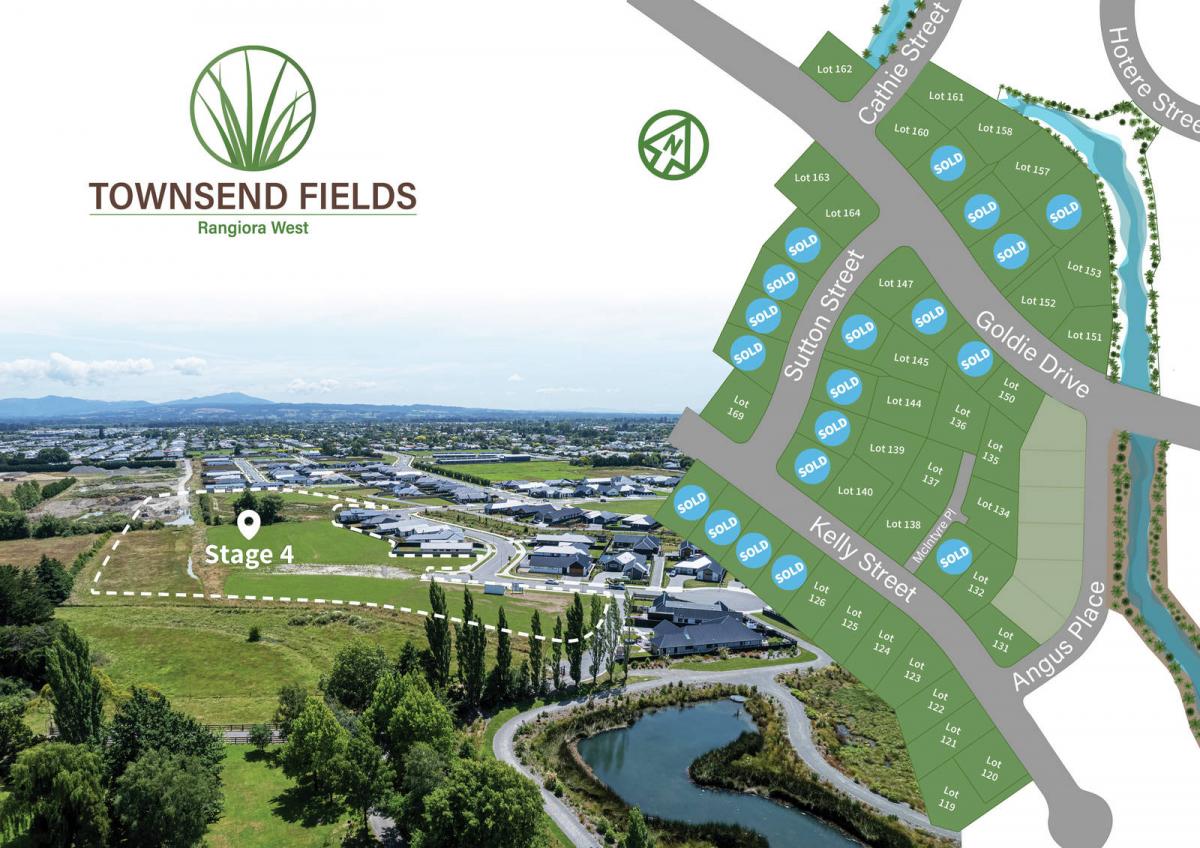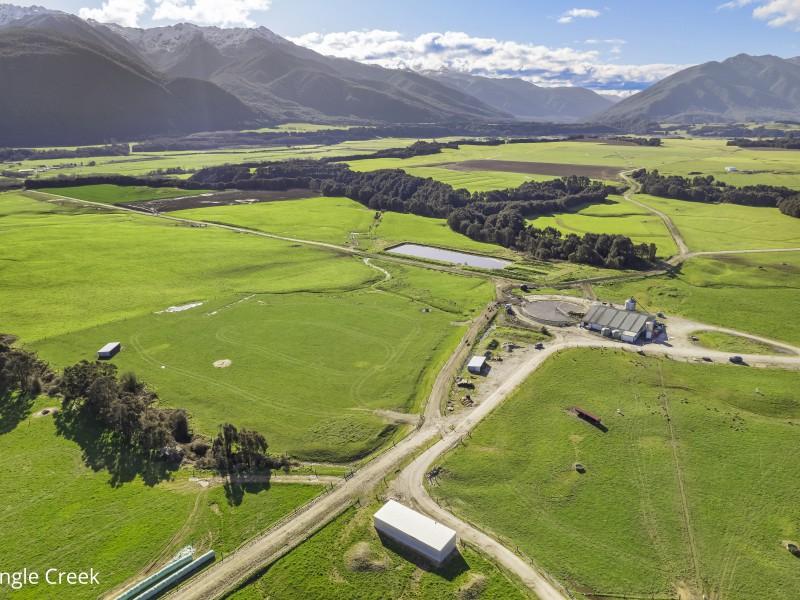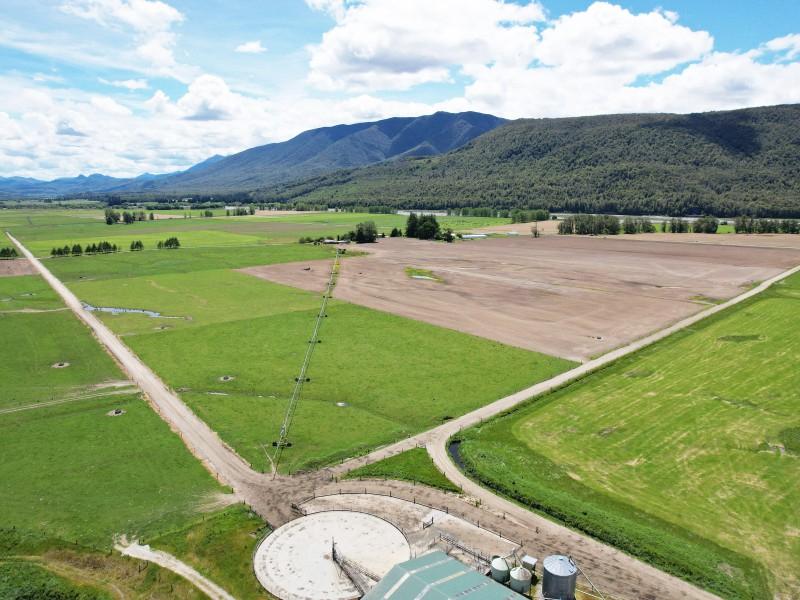Rural healthcare needs urgent help from new Government – mayor
By David Hill, Local Democracy Reporter
Rural healthcare needs urgent attention from the incoming Government, says Hurunui mayor Marie Black.
A shortage of GPs and health workers in the Hurunui district is a growing concern, she said.
The National Party campaigned on a promise to establish a third medical school with a rural focus at Waikato University.
Recruiting GPs, nurses and support workers to work in rural communities has been a major challenge in recent years.
Black, who previously worked as a Plunket health worker in the region, said the demographics of the Hurunui district provided both challenges and opportunities.
There was no public transport in the district, while an ageing population meant more than 25% of the population was expected to be over 65 by 2051.
Young people had to sit driving tests in Rangiora, which meant travelling to medical appointments could be a challenge for young and old.
More retirement villages were being proposed for Amberley to support the ageing population, which meant retaining and attracting GPs, nurses and support workers was vital, she said.
Black suggested medical students could be bonded to work in rural communities after they graduate, with part or all of their student loan wiped.
‘‘They used to do that with teachers, so perhaps we could look at that with medical students.
‘‘We will keep a watching brief as the new government is formed. It will be interesting to see where it lands.’’
She said living and working in the Hurunui also provided opportunities with the rural lifestyle.
There was a desire to give back and look for community-led solutions, she said.
An example of this was the Hawarden-Waikari Community Vehicle Trust, which provided transport to medical appointments.
Of the district's five health centres, four were community owned and ratepayer funded.
Black hosted a group of third year Otago Medical School students in August to give them a rural perspective on healthcare.
‘‘It was surprising how little they knew about living in a rural area.’’
The initiative has been running for 10 years, with the students visiting medical centres, St John, the North Canterbury Rural Support Trust and a local preschool.
The Kaikōura district faced similar challenges, with its over 65 population also expected to increase to 25% over the next 30 years.
Takahanga Marae hosted 13 tertiary health students from around Aotearoa in June on a three-day Noho Marae visit.
The initiative was a partnership between Te Tai o Marokura, a Maori health and social service provider in Kaikōura, and Hauora Taiwhenua / Rural Health Network’s careers programme.
Lisa Kahu, of Te Tai o Marokura, said the initiative had been running for several years to encourage young doctors, nurses and dentists to work in rural communities.
■ Public interest journalism funded through New Zealand on Air.
Best way to use leftovers?
I'm sure you've got some excess ham at home or cold roast potatoes.
What are some of your favourite ways to use leftover food from Christmas day? Share below.

Booster seat
Help family arrived but forgot there booster seat. Anyone out there we could borrow one for 9 days
⚠️ DOGS DIE IN HOT CARS. If you love them, don't leave them. ⚠️
It's a message we share time and time again, and this year, we're calling on you to help us spread that message further.
Did you know that calls to SPCA about dogs left inside hot cars made up a whopping 11% of all welfare calls last summer? This is a completely preventable issue, and one which is causing hundreds of dogs (often loved pets) to suffer.
Here are some quick facts to share with the dog owners in your life:
👉 The temperature inside a car can heat to over 50°C in less than 15 minutes.
👉 Parking in the shade and cracking windows does little to help on a warm day. Dogs rely on panting to keep cool, which they can't do in a hot car.
👉 This puts dogs at a high risk of heatstroke - a serious condition for dogs, with a mortality rate between 39%-50%.
👉 It is an offence under the Animal Welfare Act to leave a dog in a hot vehicle if they are showing signs of heat stress. You can be fined, and prosecuted.
SPCA has created downloadable resources to help you spread the message even further. Posters, a flyer, and a social media tile can be downloaded from our website here: www.spca.nz...
We encourage you to use these - and ask your local businesses to display the posters if they can. Flyers can be kept in your car and handed out as needed.
This is a community problem, and one we cannot solve alone. Help us to prevent more tragedies this summer by sharing this post.
On behalf of the animals - thank you ❤️

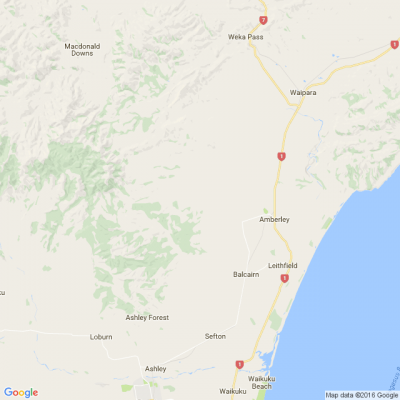
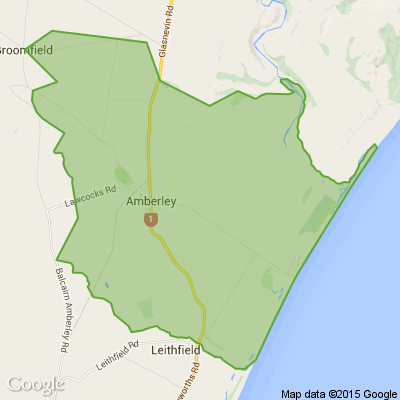







 Loading…
Loading…





